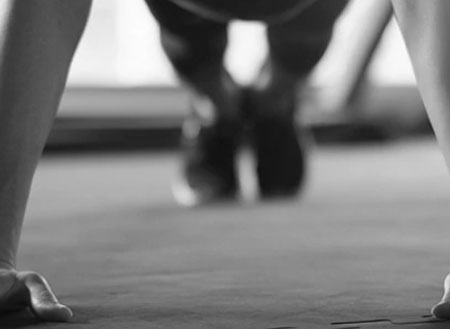
As the winter blues falls over the great state of Wisconsin, people are almost three weeks into whatever they resolved for the new year. So often these resolutions are in the realm of health and fitness, which can directly impact one’s orthopedic health. Many orthopedic ailments cannot be cured with weight management, exercise, and diet, but they can certainly be lessened if one resolves to improve habits in these categories. We are here to support you throughout your resolution journey and provide assistance along the way.
Resolving to lose weight may be one of the most popular New Year’s resolutions in this country, but it is also one of the most difficult. Before the groundhog ever pokes his head out to determine the extent of our winter, so many people have already given up on their goal. We see the struggle every day. Weight management can turn into a vicious cycle, and one could argue, “What came first-the chicken or the egg?”.
Sometimes people sustain an injury, such as an ACL tear, that prevents them from participating in their normal activities, and the weight gain begins. Other people have gained weight over time, and the excess weight then exacerbates whatever underlying issue ails them. The tricky part of that scenario is that once people are both overweight and in pain, they struggle to do any kind of activity that can help them with weight management. Such a scenario is often the case with osteoarthritis of the knees. Obesity can worsen the stress on the joints, but worsened symptoms make exercise uncomfortable. The kicker is that the eventual treatment for knee arthritis is a joint replacement, but to perform such a surgery, the patient’s body mass index must be under a 45. Thus, the vicious cycle.
Weight loss is only simple in theory. Calories in/calories out with the latter exceeding the former. However, we know that losing weight is anything but simple. Many factors can affect one’s ability to lose weight such as metabolism and other health issues. However, the principle remains the same. The key is to eat nutrient dense food that fuels your body with what it needs and consequently creates a feeling of satiety that stops you from continuing to eat. Fruits, vegetables, lean proteins, and whole grains are your best friend.
Healthy eating isn’t the cure all of weight loss. Physical activity is imperative to maintaining a healthy weight. Not all exercise has to stress the body. In our world, we often encourage low and non-impact exercise such as swimming, water aerobics, biking, and using an elliptical. This type of exercise does not stress the joints of the lower body but still burns calories, increases heart rate, and maintains muscle mass. Programs like ‘Sit and be Fit’ or a yoga routine can be helpful for people as well because maintaining muscle mass is important. Simple changes like standing rather than sitting while watching television or walking your furry friend around the block can be helpful for weight management too.
If you find yourself struggling with those last few pounds you have to lose prior to surgery, we can refer you to a health coach who will assist you with surgical readiness in the realm of diet, exercise, and weight management. We want to see you succeed in any resolution you make and are willing to help in any way that we can. At your next appointment, let us know how we can get assist you in reaching your health and fitness goals!
This blog is written by one of our very own-Morgan. She is a certified athletic trainer working as a medical assistant with our providers each and every day in our clinic. She obtained a bachelor's degree in athletic training from Carroll University in Waukesha and a master's degree in Kinesiology from Michigan State University. She is excited to bring you updates and information about the happenings at OAW.

